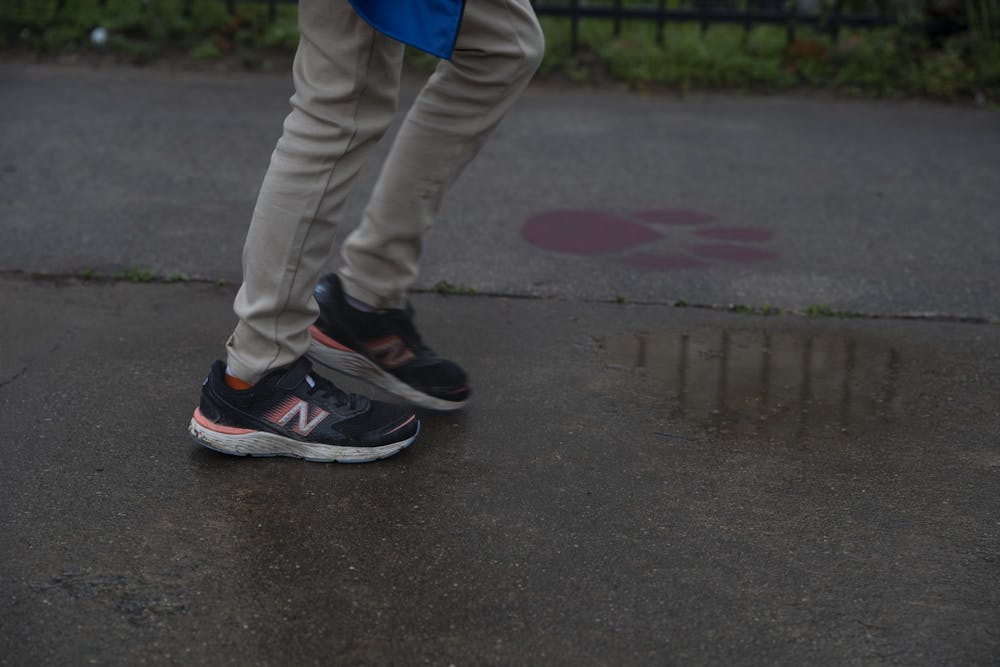In a court hearing Wednesday, N.C. Superior Court Judge David Lee ordered the state to provide $1.7 billion to increase funding for public education.
This is the latest ruling in the Leandro case that began 27 years ago and aims to provide a basic sound public education for North Carolina students.
“Today’s historic order provides long needed and critical investments for our students and our schools — and ultimately, for our communities and our economy,” Mary Ann Wolf, president and executive director of the Public School Forum of N.C., said in a press release on Nov. 10. “This includes research-based investments in human resources, greater access to educational opportunities, and improvements to the accountability and finance systems that impact education every day.”
Five low-wealth school districts and families initially filed the lawsuit in 1994 to seek state funding for equal opportunity to sound basic education.
In the 1997 Leandro v. State and 2004 Hoke County Board of Education v. State rulings, the North Carolina Supreme Court said the state had a constitutional obligation to provide a sound basic education to all children.
“Since at least the case’s beginnings in 1994, the State of North Carolina has failed to provide students with the education they are owed under our constitution," a Nov. 10 press release from Every Child NC read. "That failure has disproportionately been borne by students of color, students from families with low incomes, English learners, students with disabilities, and rural students.”
Little has been done in the 17 years since this ruling in 2004.
Gov. Roy Cooper created the Commission on Access to Sound Basic Education in 2017 to address the issues highlighted in the original Leandro ruling.
A year later, Lee appointed WestEd, an independent consultant, to provide recommendations to improve public schools in North Carolina.




